“Where Am I Going to Sleep Tonight?”: Wes’s Story
Wes is thirty eight. He grew up in Victoria in a middle-class home. For most of his adolescence, he was just a regular kid. Things changed during his final year of high school, when he tried heroin for the first time. Some older friends were doing it, and Wes didn’t think much before following along. That one decision, he says, changed everything. “It was the missing piece of the puzzle for me.”
For the last two decades, Wes’s life has been shaped by addiction to opioids. He came to Vancouver for treatment and has gone through recovery programs thirteen times. While none of those stints were the last stop on his journey, he sees each one as valuable. “They’re a safe place to bank clean time,” he says. More importantly, they introduced him to people who understood him. Wes believes that connection is the antidote to addiction. He says he’s more likely to stay clean when he’s surrounded by people in recovery, people who help keep each other on track.
Wes’s first experience with homelessness came after a relapse. His partner at the time asked him to leave. He packed a knapsack and stepped outside. “I was walking around my neighbourhood thinking, where am I going to sleep tonight? I was panicked.” Though he’s a big guy, a lifelong rugby player, he felt lost. Disoriented. Scared.
He remembered a bus stop ad for Union Gospel Mission and, with the help of strangers, made his way to a shelter on the Downtown Eastside. That first night stuck with him. “You’re lying there thinking, how is this happening to me?”
Shelters became his safety net in the years that followed. When there wasn’t space, he slept outside. “When you’re wandering around without a bed,” he says, “it’s pretty hard to have hope.”
Among his regular spots was Hornby and Metson shelters. Staff there eventually helped him get into Alewem, a modular housing site run by Community Builders. It was his first home in seven years. “I cried when I saw the place. I had a lock on the door. My own bathroom. Man, the things we take for granted.”
He’s been living at Alewem for nearly three years. Supportive housing, he says, gave him stability. When he was on the streets, everything was fight or flight. Now he’s got space to think ahead. To dream. He’s been able to spend time with his son while sober, which motivates him to stay on track. He knows he’s lucky to still be here. After everything he’s been through—and the friends he’s lost—he’s starting to believe in a future for himself. One with rugby. Coaching. And being the kind of dad he wants to be.
This article is hosted on an external website.

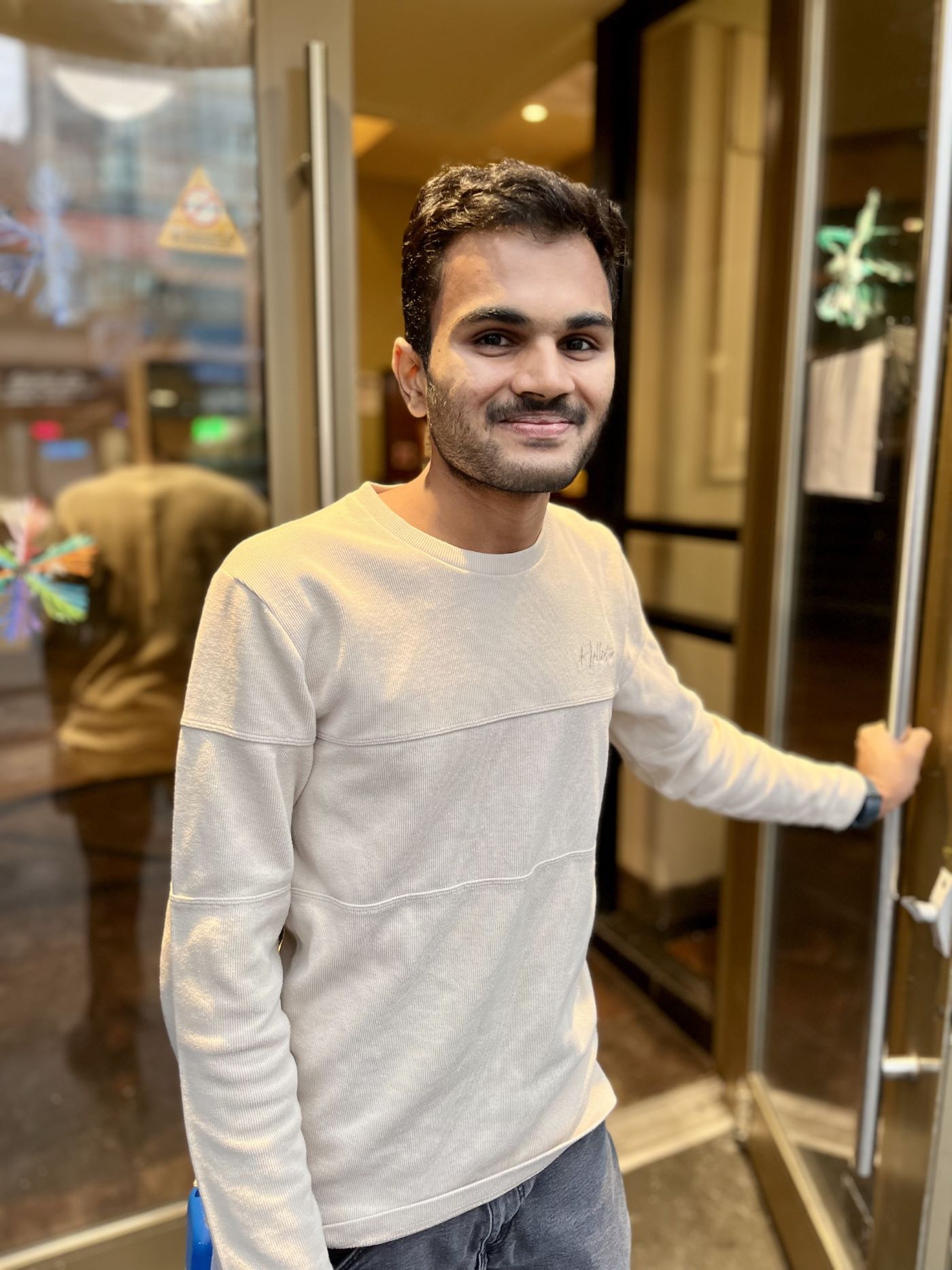

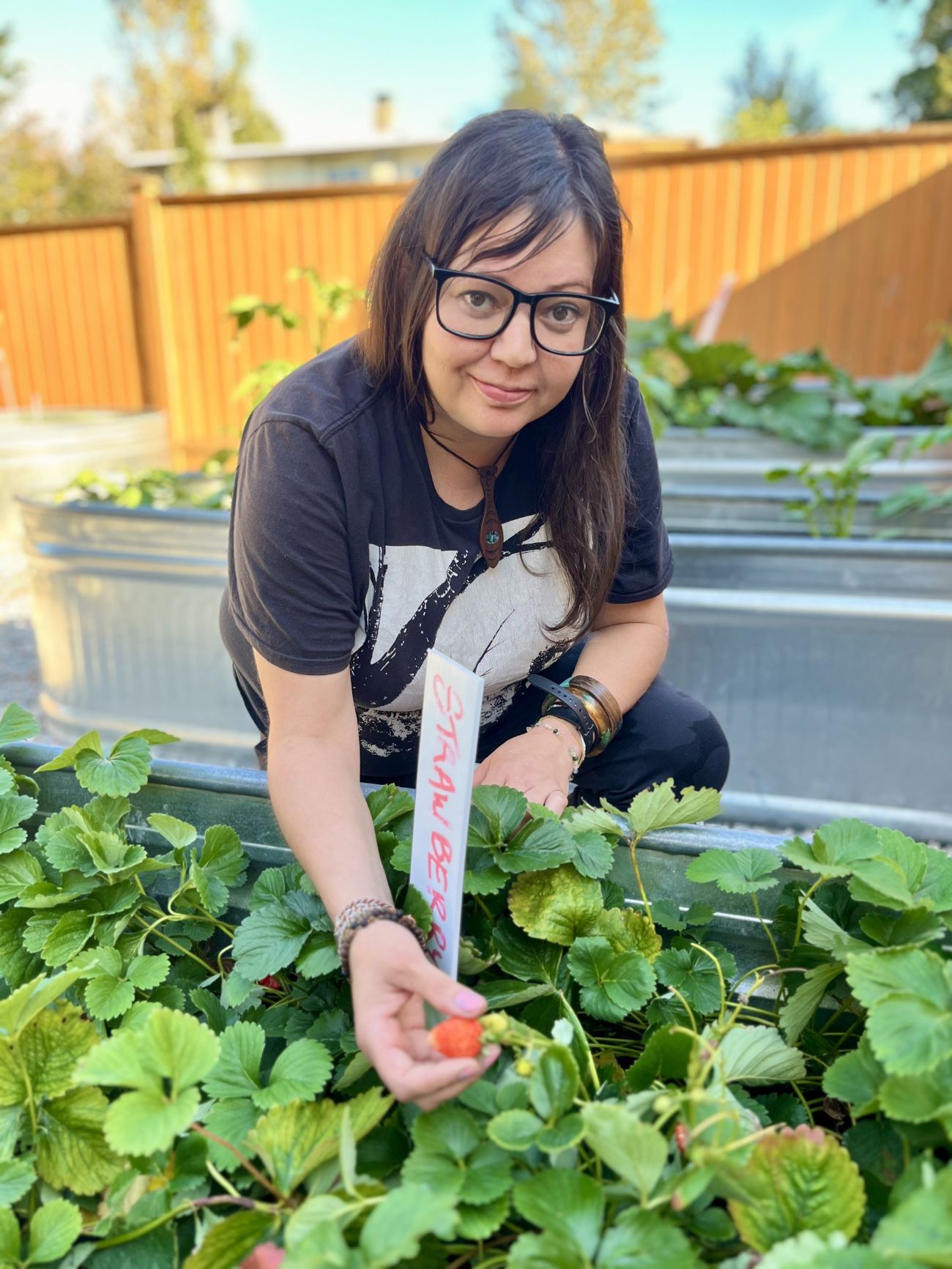
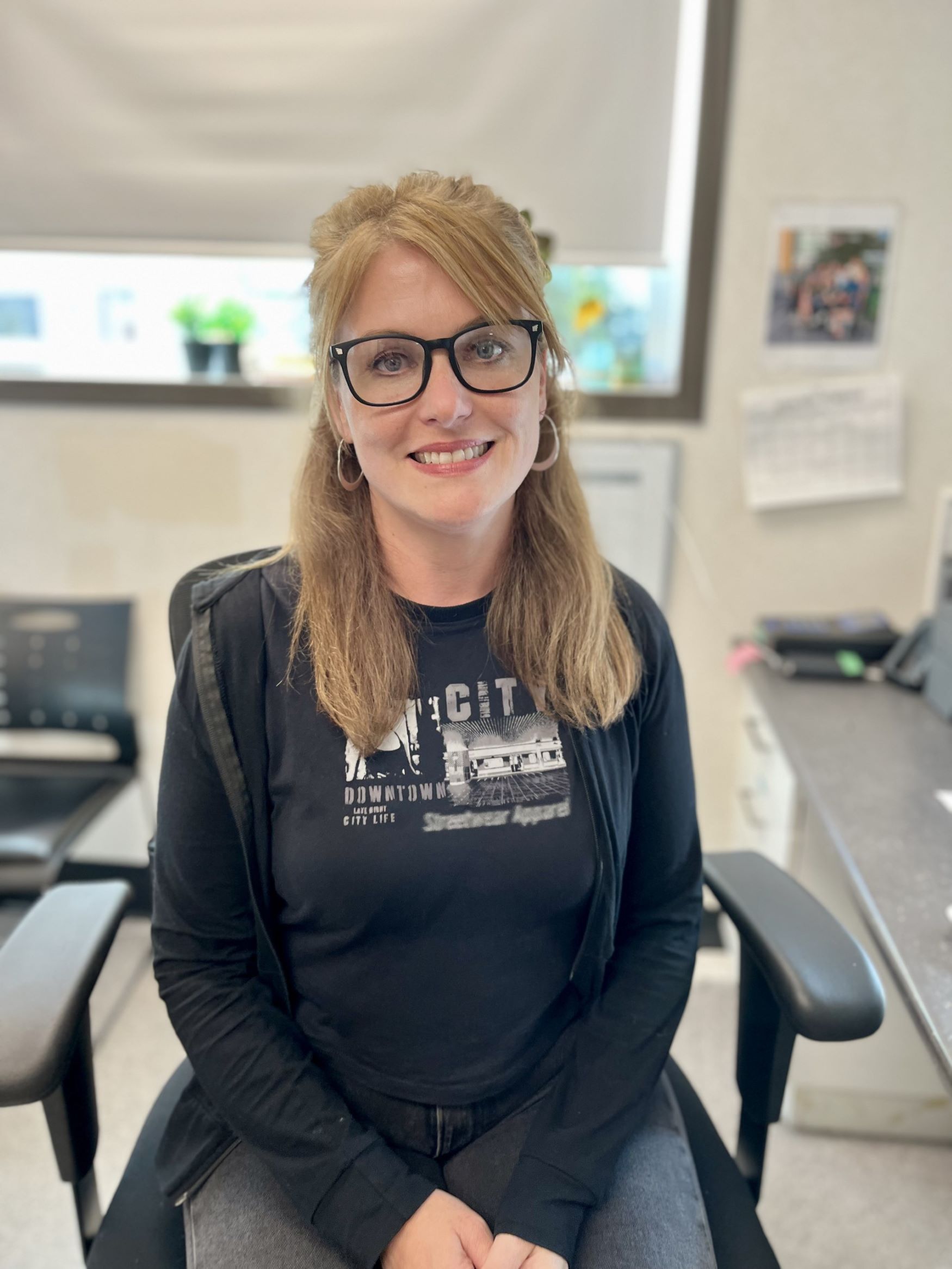
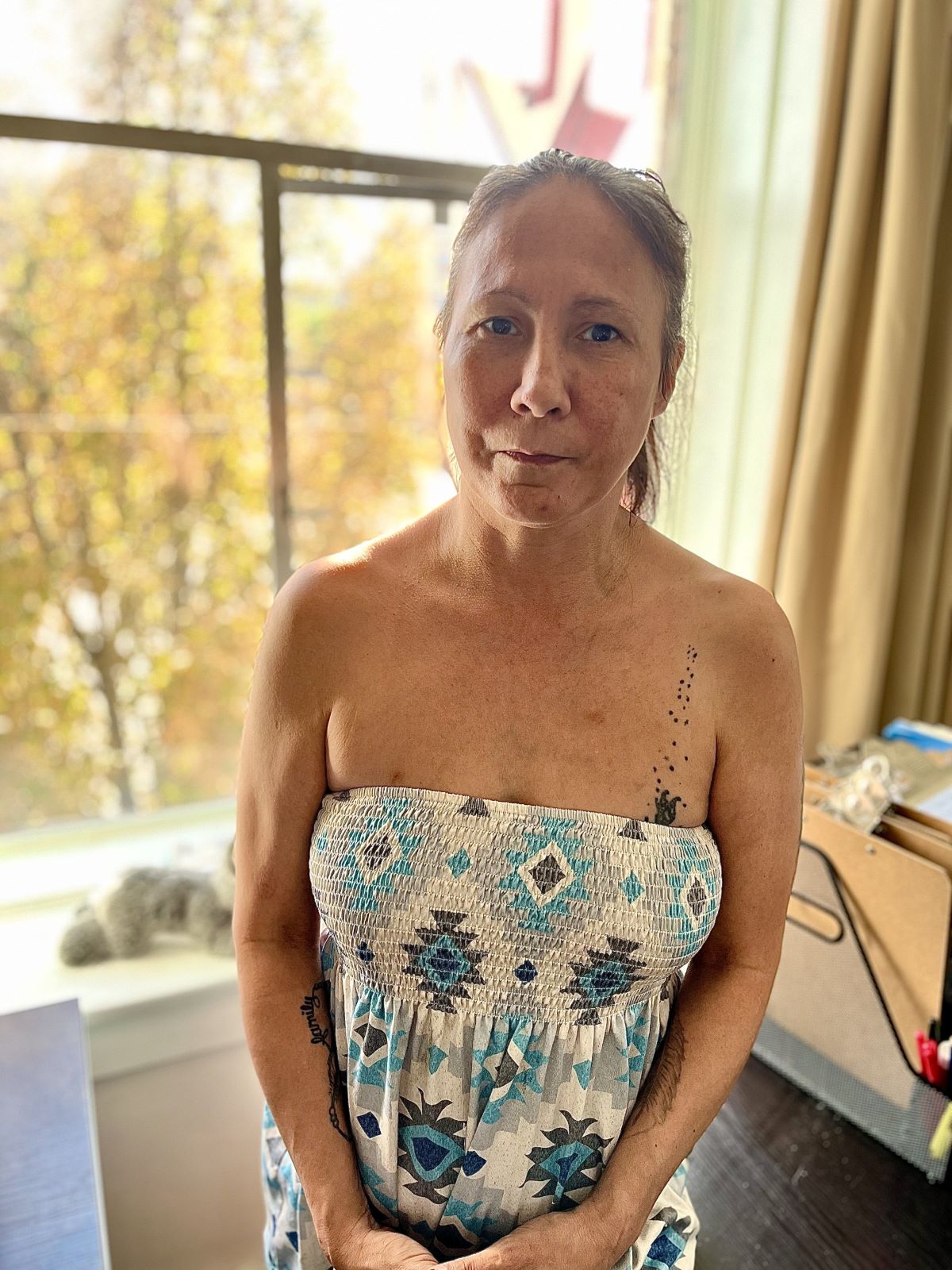
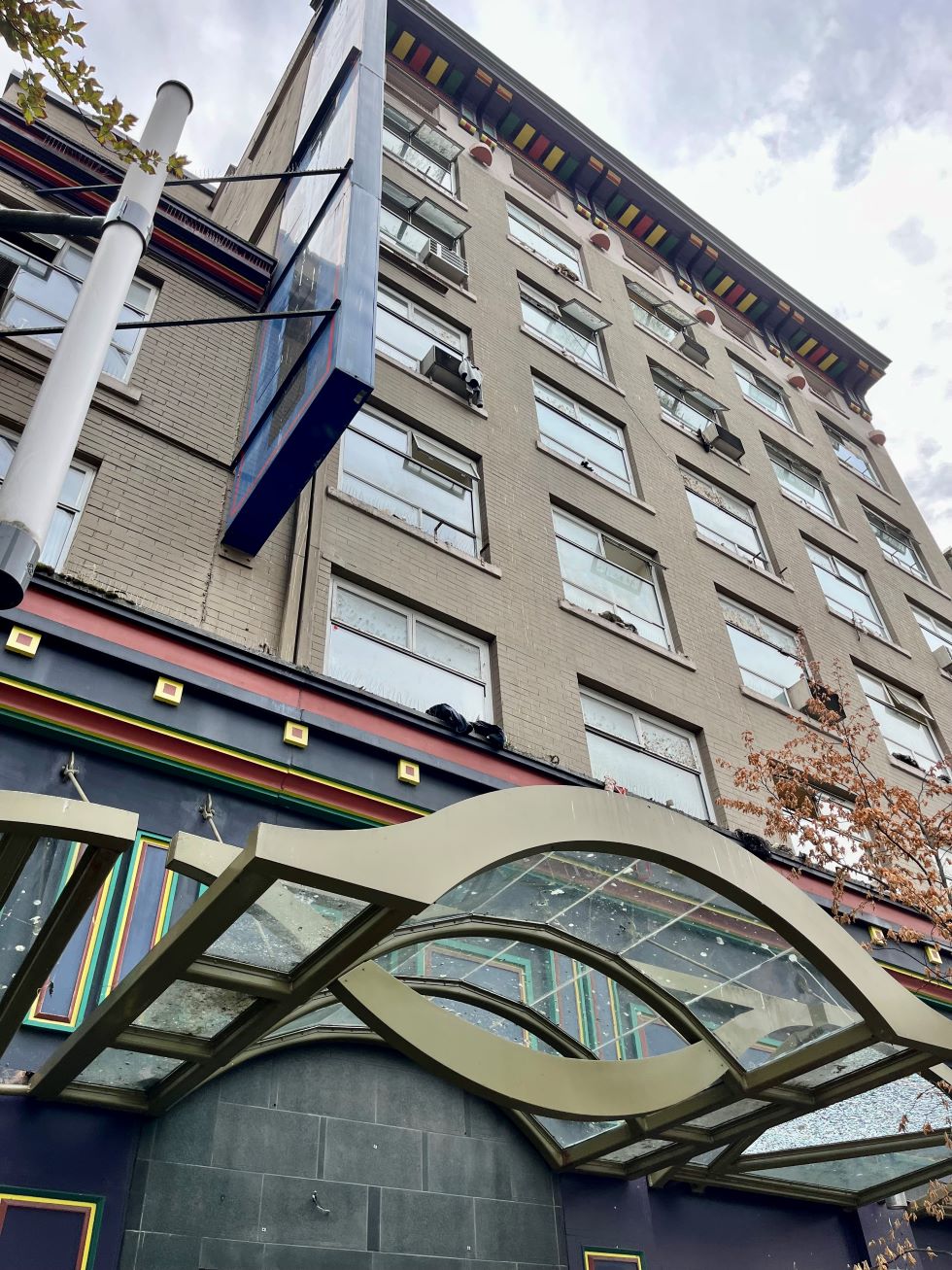
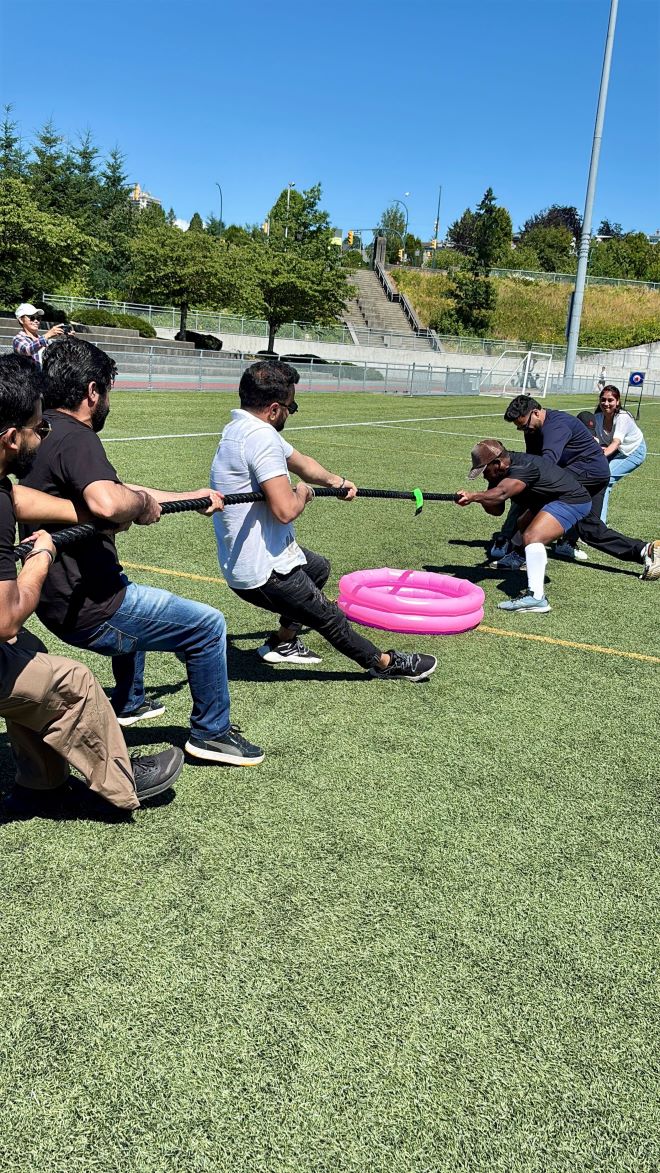









.jpg)


%20-%20Copy.jpg)





%20-%20Copy.jpg)
%20-%20Copy.jpg)
.jpg)




